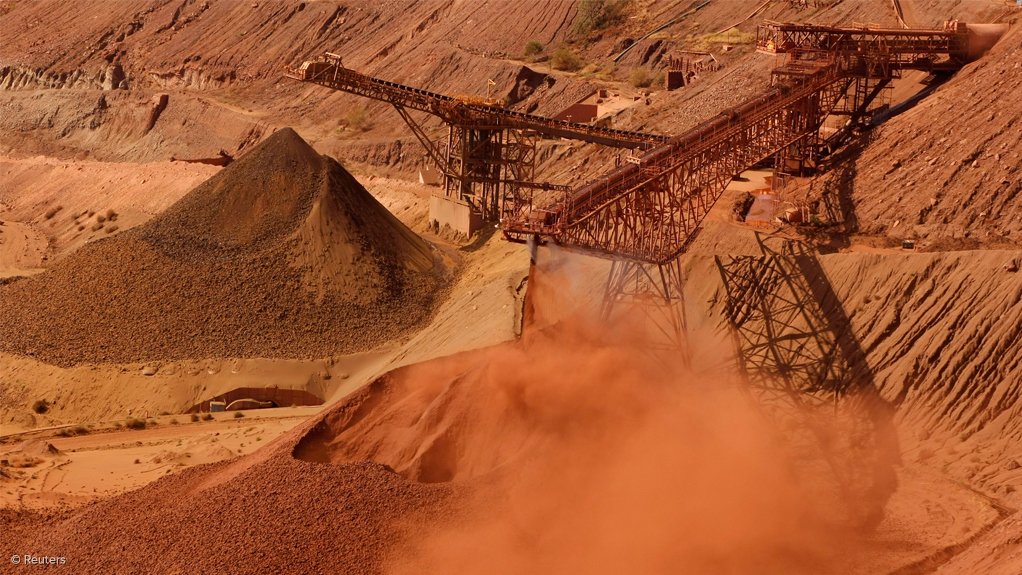PERTH (miningweekly.com) – The National Party of Western Australia’s proposed new tax on iron-ore could cost Australia about 13 500 jobs and will shrink the economy by about A$2.9-billion a year.
Commissioned by the Minerals Council of Australia (MCA), a research study by Deloitte Access Economic has found that the proposed tax will cost 2 900 jobs in the Pilbara, 3 400 in the broader West Australian economy and 7 200 jobs nationally.
Western Australian Nationals leader Brendon Grylls has proposed the tax, which will impose a A$5/t levy on iron-ore production from the Pilbara, with the aim of raising A$7.2-billion in state funds. Currently, iron-ore miners pay 25c/t.
Mining majors Rio Tinto and BHP Billiton, which rejected the proposed tax, have also warned that it will place jobs and competitiveness at risk.
The Deloitte report found that the A$2.3-billion-a-year tax will shrink the size of the economy by more than the revenue it will raise, and found that the proposed tax would lift the production costs of some Australian iron-ore producers without affecting their domestic and foreign competitors.
The impact will see the Australian economy eventually shrink by A$2.9-billion a year.
MCA CEO Brendan Pearson pointed out on Monday that the Western Australian economy would be the worst affected, with the report saying that over the longer term, the state would ultimately suffer the majority of the economic cost, while only receiving a small share of the benefit from additional government revenues.
“The tax will raise little revenue for Western Australia. After allowing for resultant losses in goods and services tax grants under the financial arrangements between the commonwealth and the states, the revenue for Western Australia will be less than A$300-million a year,” Pearson said.
“This report shows that any revenue gain will be swamped by the loss of jobs and growth and the damage to Western Australia’s reputation as a place to invest.”
The report noted that the Pilbara economy would be 4.8% smaller than it would otherwise be, with a 4.3% reduction in employment, while the national economy would also contract, with Deloitte estimating national gross domestic product falling by 0.17% with the loss of 7 200 jobs.
Furthermore, the report has denounced claims that iron-ore miners were not paying their fair share of tax, pointing out that the tax ratio in the minerals sector is currently close to 50%.
The Western Australian Chamber of Minerals and Energy recently launched a campaign to stop the proposed tax. It is hoped that the ‘fact-based’ campaign will counter claims by the Western Australian Nationals and will educate the masses on the risk posed by the levy.
Edited by: Mariaan Webb
Creamer Media Senior Deputy Editor Online
EMAIL THIS ARTICLE SAVE THIS ARTICLE
To subscribe email subscriptions@creamermedia.co.za or click here
To advertise email advertising@creamermedia.co.za or click here













